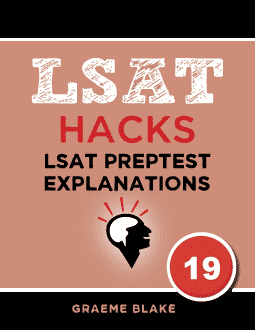QUESTION TEXT: Adults who work outside the home spend, on average…
QUESTION TYPE: Paradox
CONCLUSION: People who work at home spend more time during the week making dinners.
But dinners served at home are similar (in quality, variety, etc.) whether or not someone works from home.
ANALYSIS: The logical explanation is that people who work outside of home eat out more. When they do eat at home they put in the same effort. So each meal cooked at home takes the same amount of time, but stay-at-home workers cook more meals at home.
Their total time spent cooking meals is higher even though their average time per meal is the same.
___________
- Both groups had dinners with similar nutritional content. So if this is true of work-at-home adults then it’s also true of adults who work away from home.
- The stimulus talked about dinner. This talks about breakfast.
- This doesn’t explain why dinners were similar when one group spent much less time preparing. This just tells us an irrelevant fact about adults who work outside the home.
- CORRECT. If you work away from home then you eat out more. 2-3 times per week might equal 100 minutes less spent on cooking.
You spend exactly as much time cooking each meal you do eat at home, which explains why they are similar to those cooked by people who work at home.
- Planning a meal is not the same thing as cooking time. If anything, planning should reduce cooking time for adults who work at home.
Recap: The question begins with “Adults who work outside the home spend, on average”. It is a Paradox question. Learn how to master LSAT Paradox questions on the LSAT Logical Reasoning question types page.


Leave a Reply